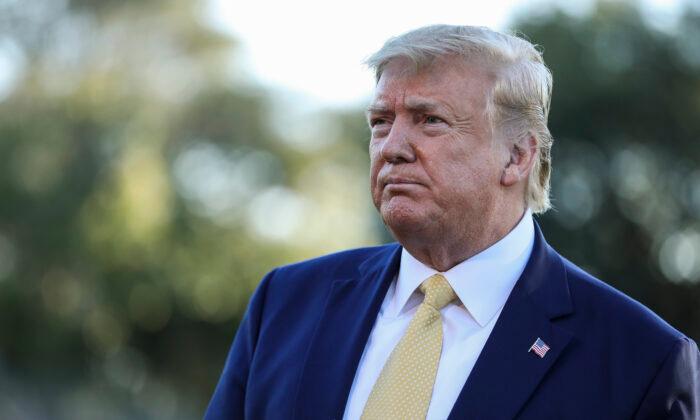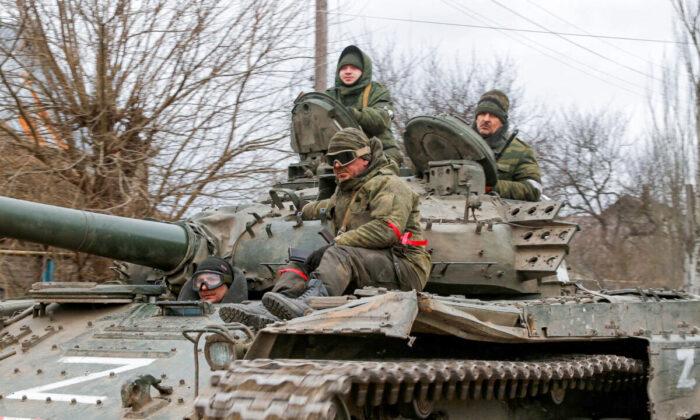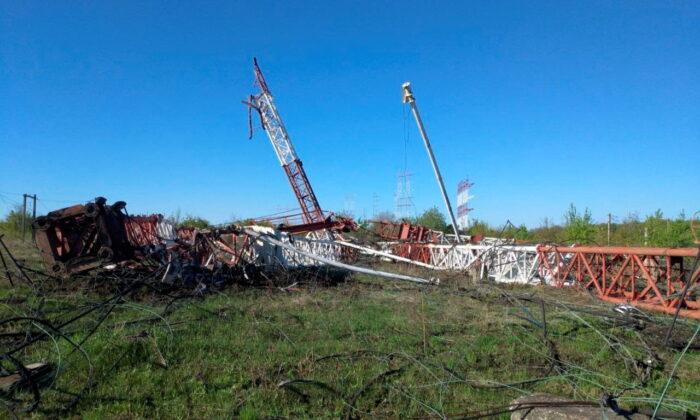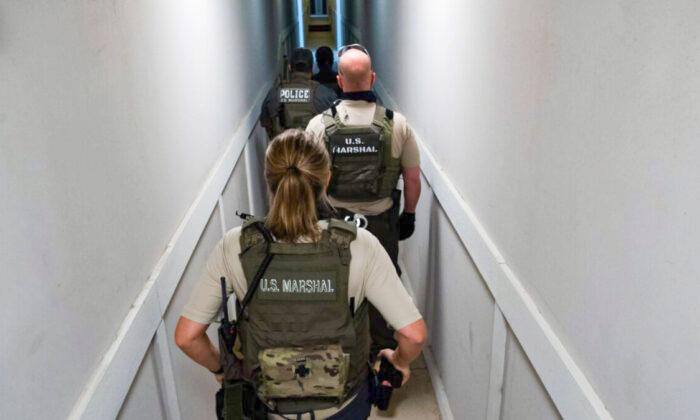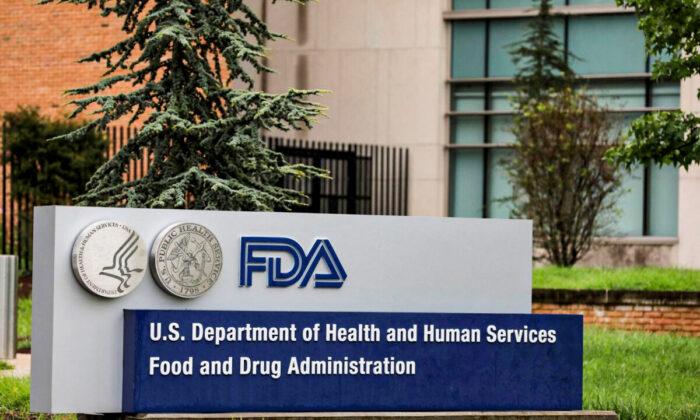Australia faces growing calls to ban imports from a leading Malaysian rubber glove maker after the Trump administration blocked shipments from the manufacturer over allegations that the products were manufactured using forced labor.
The Trump administration on Oct. 1 announced the ban on WRP Asia Pacific (WRP) goods, along with products from four other countries, amid concerns that people producing the items might be children or adults subjected to forced labor.
U.S. Customs and Border Protection (CBP) accused the Malaysian manufacturer—which produces goods such as rubber household and surgical gloves—of exploiting vulnerable migrants from Bangladesh, Nepal, and other countries who went into crushing debt from paying exorbitant recruitment fees.
WRP, a leading producer of medical rubber gloves, exported $79.5 million worth of the products to the United States last year, VOA News reported. Malaysia alone meets more than half of the global demand for the products, with 65 percent of overall goods exported to the United States, according to the Malaysian Rubber Glove Manufacturers Association (MARGMA).
Under the rare U.S. detention orders, the products are held for up to 90 days unless the importers can prove no forced labor was used to produce their goods. If they can’t, they can either ship their products to another country or surrender them to CBP.
Mark Morgan, the acting CBP commissioner, said the blocked shipments show that “if we suspect a product is made using forced labor, we’ll take that product off U.S. shelves.”
WRP importers include some of the leading medical suppliers in the United States such as global giant Ansell, as well as smaller firms such as Bay Medical Company Inc., located in Brisbane, California, The Associated Press found.
WRP spokesman Eng Seng Yeong told The Epoch Times that news of the blocked shipments “came as a complete surprise” to the company.
“Regretfully, we had no notice from CBP of any issues prior to today, and they have never visited our factory to gain any firsthand knowledge of the working environment at WRP.”
“WRP takes our CSR [corporate and social responsibilities] very seriously, and we have stringent policies in place to ensure we are in compliance with all applicable global requirements. We have undergone many independent and customer-driven CSR audits, with passing grades, and we are working for continued improvements.”
The spokesman told The Epoch Times the company is “proud” of the working environment it provides its workers.
“We are now working closely with our U.S. attorney to provide information and evidence to CBP immediately of our compliance with all U.S. regulations regarding the forced labor accusation.
“We are convinced that CBP will agree that WRP gloves are not produced in an environment with forced labor of any type.”
CBP didn’t immediately respond to The Epoch Times’ request for comment about WRP’s claim.
Activist Andy Hall, who has advocated on behalf of Southeast Asian migrant laborers, said workers for some rubber glove makers aren’t paid for months, and are housed in unkempt and overcrowded conditions, while some have their passports taken away from them and aren’t allowed to quit.
A spokesman for the Australian Border Force told the news outlet the government has not considered blocking shipments of products alleged to have been produced under such conditions.
“The extent of modern slavery worldwide means there are risks that this crime may be present in the supply chains of many businesses in the region,” he said.
“Ansell takes the labor practices of these third-party suppliers seriously, and any allegations of forced labor among the company’s suppliers are of the highest concern,” the company said.
Meanwhile, owner of Bay Medical, David Dorris, said he hoped the allegations are false, adding that the company was “completely blindsided.”
“It’s deeply disturbing for me personally and for our company.”
Other goods slapped with the detention orders—the most issued in a single day—include imports of bone charcoal from Brazil that firms such as Plymouth Technology and ResinTech Inc. use to remove contaminants in U.S. water systems, diamonds from Zimbabwe, gold from eastern Democratic Republic of Congo, and shipments from a Chinese company making baby pajamas sold at Costco warehouses.
